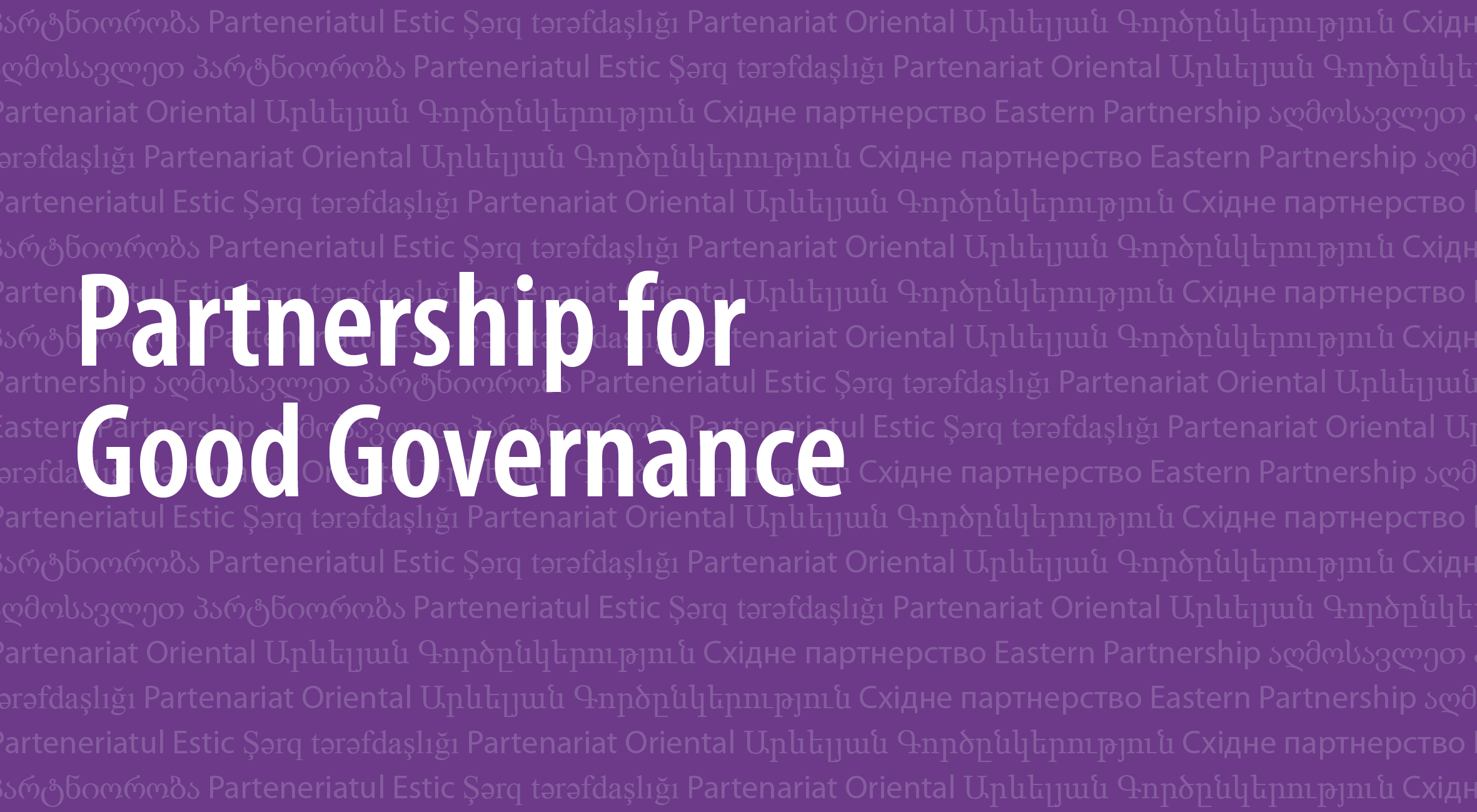Regional project: Promoting equality and non-discrimination: towards more resilient and inclusive societies

This project contributes to better protection of rights of vulnerable groups and minorities. All project activities aim to build and strengthen the capacities of the state authorities, legal and law enforcement professionals and civil society representatives to harmonize domestic legal and institutional frameworks, but also their practice with the European and international standards to combat discrimination, hate speech and hate crime.
“Promoting equality and non-discrimination: towards more resilient and inclusive societies” is a regional project which enables peer-to-peer activities for stakeholders from Eastern Partnership region, involving the relevant institutions and other stakeholder dealing with anti-discrimination and equality issues. It also enables exchange with the relevant actors from the Western Balkan region.
This project is implemented within the third Phase of the joint programme of the European Union and the Council of Europe Partnership for Good Governance (PGG). It builds on the results of the PGGII regional antidiscrimination project “Strengthening access to justice for victims of discrimination, hate crime and hate speech” which has been implemented from January 2019 to February 2022.
This regional project provides further activities relevant for combating discrimination and hate speech/crime, that are of common interests for the entire region. At the same time, the project is interlinked with ongoing country-specific projects on promoting equality and non-discrimination, implemented under the Partnership for Good Governance programme (2023-2026). The activities of the project also complement the new developments in the EU enlargement process with Ukraine, the Republic of Moldova and Georgia as new candidate countries.
The project started on 1 March 2023 and will be implemented until February 2026.
- Deepen the work on improvement of data collection on hate crime grounds, providing additional technical support on this matter, in accordance with the relevant European standards.
- Improve responses to hatred and racism by equality bodies in the region, as well as those by law enforcement.
- Provide civil society organisations and Young European Ambassadors and other youth representatives with knowledge and tools to better address hatred and racism, and to promote equality and diversity in their societies.
- Governments
- Equality bodies
- Ministries of Interior
- Civil society and youth organisations
- Other relevant actors and vulnerable groups
- The general population, all citizens
- Through a combination of tailored capacity-building and awareness raising actions, peer-to- peer activities and networking.
Improved functioning of mechanisms to combat discrimination, hatred, racism and intolerance in the Eastern Partnership region, in line with European standards and best practices:
- Policy makers and law enforcement representatives reinforce their awareness and skills on data collection on hatred and related bias motives.
- Governments, Equality bodies, and police administrations enhance their capacities to operate in diverse societies and respond to racism and intolerance.
- Non-state stakeholders increase their awareness of equality, as well of the dangers of hatred to societies.
- The total budget of the project is 500 000 Euros.
The “Partnership for Good Governance” (PGG) is a joint initiative of the European Union and the Council of Europe for strengthening good governance in the Eastern Partnership region.
PGG provides tailor-made support to Eastern Partnership countries to bring their legislation and practice closer to European standards in the fields of human rights, rule of law and democracy. It supports, in particular, Eastern Partnership countries’ domestic reforms to strengthen justice, counter economic crime, promote equality and non-discrimination, advance women’s access to justice and combat violence against women.


Maja Stojanovic , Senior project officer, Strasbourg
- Steering Committee on Anti-Discrimination, Diversity and Inclusion
- European Commission against Racism and Intolerance
- Framework Convention for the Protection of National Minorities
- European Charter for Regional or Minority Languages
- Roma and Travellers Team
- Intercultural cities programme
- Sexual Orientation and Gender Identity
- Block the Hatred, Share the Love Campaign
- Committee of Experts on Hate Crime (PC/ADI-CH)
- Committee of Experts on Combating Hate Speech (ADI/MSI-DIS)


